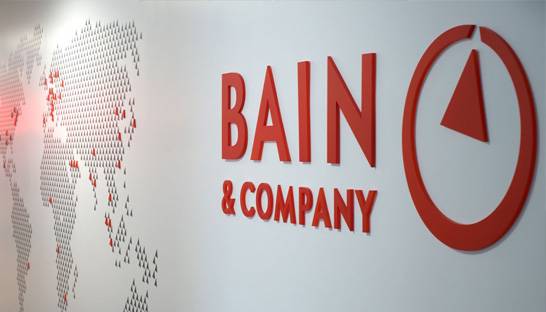Inside the Interview Room: Dos and Don’ts
As students enter their final year, they’re greeted by their worst fears: placement interviews. Many of us have started the preparation, polishing our concepts and gaining technical prowess. However, what is sidelined up until the final moments, is preparing for the actual interview. More often than not, it becomes the deal breaker for getting your dream job, so like any other quantitative skill, it needs its much deserved due attention.
Before you walk into the interview room, you need to assess a few things, cliché as they may be; your strengths and weaknesses, likes and dislikes, and your goals. In a college such as ours, where we have similar technical, co-curricular and academic profiles, these are the defining factors which make you stand out.Merely knowing your strengths and weaknesses is not enough, you also need to match them to the job description, because unless you can demonstrably use skills that set you apart to perform your job, they are of no use to the employers. What they are looking for and what you possess should be comparable and as a candidate, it is your job to show them how. As vague as they sound, the qualities that make you unique can not appear from thin air. Assessing them needs an honest self-reflection. If some of a job’s most important tasks are what you consider your weaknesses, the job is not a match for you. You can lie your way through a job interview, but unlike how it is made out to be, ‘acing an interview’ is not a trophy to be won and forgotten, what you end up with is a job you’re ill-suited for. This is a great disservice to your actual strengths which could be put to use in another profile.
What really worked for me was establishing comfort with the interviewer in the first 5 minutes of my interview so that everything that follows is collaborative. Involve him or her in what you speak, or the cases you solve, or the questions you have for the organisation.
Shivansh Jindal, incoming Analyst at Bain Capability Network
Career coach and collumnist in New York Times, Susan Peppercorn suggests that a good way to calm your nerves is to have a dress rehearsal a few days before the interview. Practice answering interview questions and create strategies to succeed with each question. Being prepared reduces stress and increases confidence. At the end of the day, interviewers are not looking for the right answer, they’re looking for smart and well-defined presentation, afterall, they’re looking for people to represent their company. Ofcourse, this doesn’t mean you can outsmart them. There’s a reason they are conducting interviews and they see right through you. Remember to bring extra copies of your résumé for the panel of interviewers,you don’t need the unnecessary panic.
Preparing well-researched questions before the day of the interview shows your interest in the position, and additionally will help you clear any queries you might have. Formulate questions you’d like to ask at the end of the interview. If you are interviewing with an analyst, ask about the goals of the company, the division, or the department. If you are interviewing with someone in human resources, ask about what is covered during the training program. You can also ask what skills are necessary for climbing the ladder in the company, about past alumni and so forth.
It is said that punctuality is not just about being on time, but about respecting your commitments. Know where you are going in advance, and get there thirty to forty-five minutes early. No one likes to be kept waiting, especially not the people who are offering you a job.
Even if you know the answer well, take a few seconds and structure your thoughts before answering. For guestimate questions, keep it simple and concise, your logic matters more than numbers and figures. For technical questions, don’t be afraid of using proper terminologies but use everyday examples to explain the concept.
Shashwat Grover, placed at Verity
In her book ‘4 Simple Steps to Effective Communication’, Tamara Jacobs says that in most situations, the first impression is made within the first 6 seconds. In an interview, this is extended to the first few minutes, as they look at a variety of different factors. Since there’s no rewind button to undo a false start, don’t blow this opportunity to cement the image you want to leave in the minds of each and every member of an interview team. Proper posture and body language help employers interpret your attitude and interest in the position and in the company.
Although this goes without saying, the better your answers are, the more successful you’ll be. Your answer should have an introduction, a middle, and a conclusion that includes a tangible and preferably positive result. If the questions are quantitative in nature, be sure to explain your workings and always think out loud. This shows your train of thought to the interviewer. BCG, in its preparation kit to candidates, available on its website, stresses on asking questions if there’s something that you have a doubt about. It’s always better to be clear about what the interviewer wants rather than assuming it.
Remember, your attitude and behaviour are as important, if not more, as your résumé, experience, academics and technical abilities.




Comments